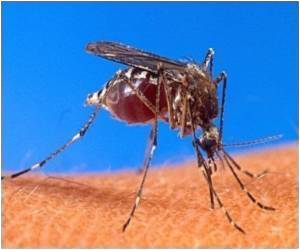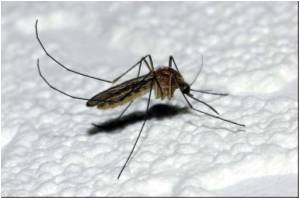
Studying dengue virus in mice, the research team found that mast cells could sense and recognize viruses, and in turn release signalling chemicals to create an immune response.
The scientists chose to study dengue virus, which is common in Singapore, because mosquitoes inject the virus through the skin, and skin is rich in mast cells.
They found that mice lacking mast cells had more of the virus in their lymph nodes and increased infection after measured injection with a small dose of dengue virus, compared to mice with normal levels of mast cells. The mast cells produce chemokines, which in turn help to bring some special killer cells into the infected skin to fight and contain the virus.
"It was an important discovery for the field to learn that mast cells could be activated by pathogens like bacteria or parasites," said St. John.
"We were excited to learn that mast cells also respond to and promote the clearance of a viral infection," added St. John.
Advertisement
Source-ANI













